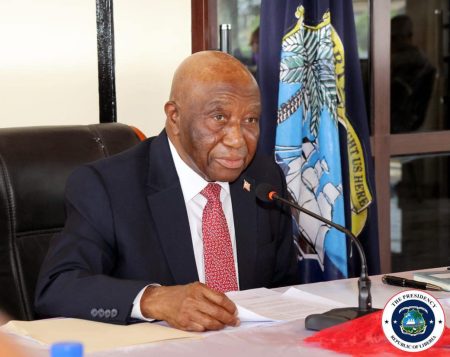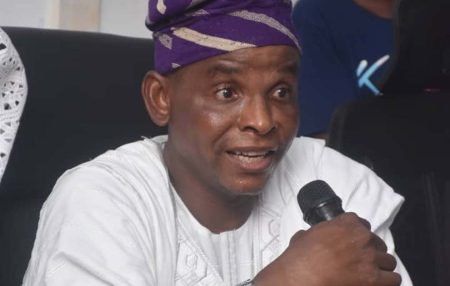The Ghanaian telecommunications landscape is on the cusp of a significant shift in service quality, with the Minister for Communication, Digital Technology and Innovations, Samuel Nartey George, issuing a stern warning to the nation’s leading telecom operators – MTN, Telecel, and AT. Despite acknowledging the companies’ ongoing infrastructure investments, the Minister highlighted persistent customer dissatisfaction with service quality, particularly in densely populated urban areas and major regional hubs. This dissatisfaction, he emphasized, stems from inconsistencies in service delivery identified by a recent National Communications Authority (NCA) assessment, prompting the government to take decisive action to hold the operators accountable for improvements. The Minister unveiled a nationwide service quality test to be conducted in every district capital by December 2025, setting a clear benchmark for the telecom operators to demonstrate substantial progress. Failure to meet these expectations, he warned, will result in significant financial penalties, with a portion of the collected fines directly benefiting affected consumers.
The Minister’s ultimatum underscores the government’s commitment to ensuring that Ghanaians receive value for their money in the telecommunications sector. The persistent complaints regarding call drops, slow internet speeds, and other service disruptions, especially in areas where significant investments have been made, are no longer acceptable. The nationwide service quality test will provide an objective and comprehensive evaluation of each operator’s performance across the country, allowing for a transparent assessment of their progress. This data-driven approach will not only identify areas requiring immediate attention but also provide valuable insights for future policy decisions and regulatory interventions. The decision to return a portion of the fines to consumers, in the form of bonus data or call time, demonstrates a commitment to directly compensate those affected by subpar services. This measure aims to not only alleviate the financial burden on consumers but also to hold the operators accountable for the quality of their service delivery.
The telecommunication companies, recognizing the seriousness of the Minister’s warning and the potential financial repercussions, have outlined their respective strategies for enhancing service quality and regaining customer trust. MTN Ghana, the largest operator in the country, has committed to investing $230 million in 2024 to upgrade its network infrastructure and IT systems, laying the groundwork for improved service delivery. This investment, coupled with pending additional capital expenditure, reflects MTN’s commitment to addressing the existing challenges and enhancing its network capacity to meet the growing demands of its customer base. Furthermore, MTN’s plan to open 300 new franchise stores, particularly in underserved areas, aims to improve accessibility and customer service reach. This expansion strategy will not only create job opportunities but also provide more convenient access points for customers to address their concerns and receive support.
Telecel Ghana, another major player in the market, is focusing on ongoing network optimization efforts, striving to improve the efficiency and reliability of its existing infrastructure. This continuous optimization process, according to the company, is aimed at minimizing service disruptions and improving overall network performance. However, Telecel emphasizes the need for additional spectrum allocation to effectively meet the escalating demand for data and voice services. This call for increased spectrum highlights the challenges faced by operators in keeping pace with the rapidly evolving technological landscape and the increasing data consumption patterns of Ghanaian consumers. The availability of adequate spectrum is crucial for operators to expand their network capacity and deliver faster and more reliable services.
AT, the third operator in the mix, has also pledged to make significant strides in key performance areas by the first quarter of the next year. While details of their specific improvement plan remain undisclosed, the company’s commitment to enhancing service quality aligns with the government’s overall objective of improving the telecommunications sector. This commitment signifies a recognition of the importance of delivering a satisfactory customer experience and maintaining a competitive edge in the market. The coming months will be crucial for AT to demonstrate tangible improvements and regain customer confidence.
In conclusion, the Ghanaian telecommunications sector is at a critical juncture. The Minister’s decisive action, coupled with the operators’ commitments to enhance service quality, sets the stage for a significant transformation in the industry. The nationwide service quality test will serve as a litmus test for the operators, and their performance will determine the future trajectory of the sector. Ultimately, the success of these efforts will depend on the operators’ ability to translate their commitments into tangible improvements, delivering on their promises to provide reliable and high-quality services to Ghanaian consumers. The coming years will reveal whether the industry can rise to this challenge and usher in a new era of improved telecommunications services in Ghana.














